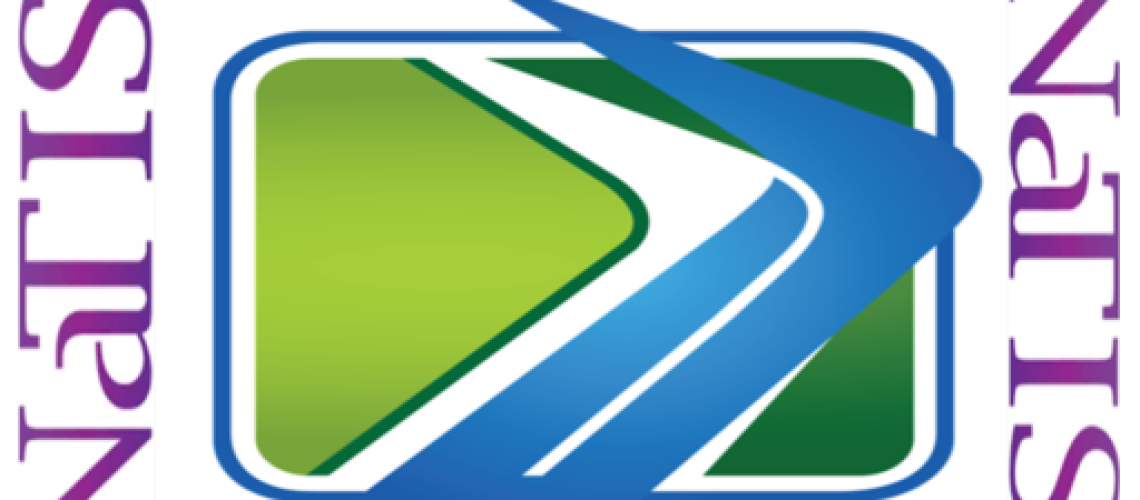The Provincial Department of Transport and Public Works in conjunction with the RTMC rolled out a Pilot Programme in the Western Cape for the use of the digitized test sheet using a NATIS tablet. This follows similar pilots in Gauteng and the Eastern Cape.
Test station sites were specifically selected by the RTMC and were instructed to participate in the project. The Management Representative and 1 Examiner from each of the stations were trained at the Gene Louw Traffic College, in 2 groups on 22nd and 23rd March 2023. The training was presented by RTMC trainer, Mr. Jacques Vergottini. The NATIS tablets were registered and linked to the Examiner and the respective stations.
We learned how to operate the tablets as well as do a mock test on the actual E natis site, where a Test environment had been created. This made it very real and easier to understand the dynamics of the training. The session was interactive and all could ask questions at any time.
The day ended with an assessment which consisted of a written test, 3 vehicle tests on the NATIS tablet, a RETEST, a PASS and a FAIL. Training material was received and we were requested to provide feedback to the RTMC as to the operation of the Tablet. Tablets were delivered to the stations involved following the training.
The menu system of the Tablet works well and everything is easy to understand and self-explanatory.
The first page is for the verification of client details; then the vehicle details pulled through from the NATIS system, for verification of vehicle details. On these 2 pages the information cannot be edited.
The next is 12 categories that are displayed in exactly the same way as on the RTS. Simply click on a menu and all the subcategories pop up, the same as on the test sheet. You are able to comment next to each item on the Fault or make an Observation. There is also a Comment section at the bottom. Simply then select Pass, Retest or Fail on a pre-selection button menu at the bottom.
The RTMC has requested that the vehicle test stations give them feedback on operation of the Tablets and challenges that we encounter. The idea is to rectify as many issues that comes up in the Pilot phase so as to reduce errors with the rollout.
One of the challenges experienced is the GPS system which needs to connect to a satellite to confirm the geographic location. Without this connection, work cannot commence as the connection needs to be established. Once this is done, the connection will keep for the day.
The Tablet is on the heavy side and it was found to be somewhat bulky. The odd pop-up messages and incoming calls are a nuisance that will be addressed. The hand strap is attached with small screws that tend to come loose. During this phase, the Examiner is expected to capture the test on the Tablet and complete the ACR, which takes an unacceptably long time.
The positives are that the Tablet eliminates the 179 transaction for the Examiner and the 176 transactions are also automatically completed once the test is submitted. Hence, only a 171 is needed to start the test, and a 172 once the test is completed. The battery life is good, so it can withstand long periods of work. The Management Rep is responsible for these tablets, so a Tablet room for safekeeping is recommended as well as a sign-in / sign-out register.
The Pilot Program will eventually become a Rollout to all test stations with a date recommended by the RTMC in conjunction with the respective Provincial authorities.
There was no time frame given for the duration of the Pilot Program. In the Western Cape, AVTS Roadworthy Stations and Dekra were selected for the Pilot Phase.
Compiled by Noor Samodien
Mobility Manager
AVTS Roadworthy Stations


